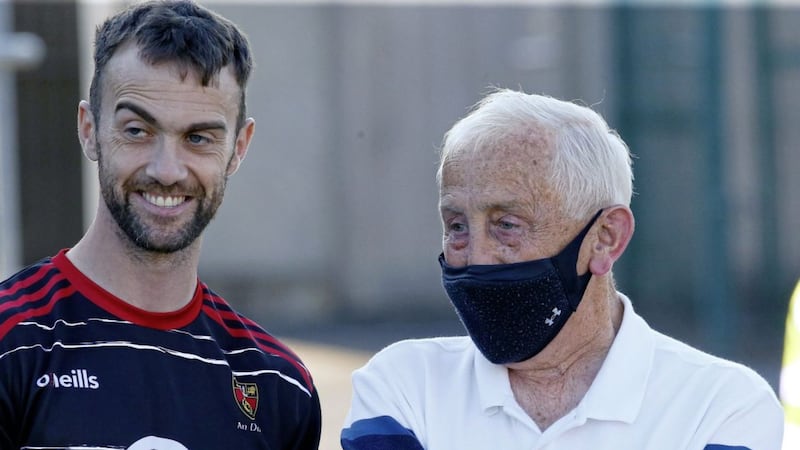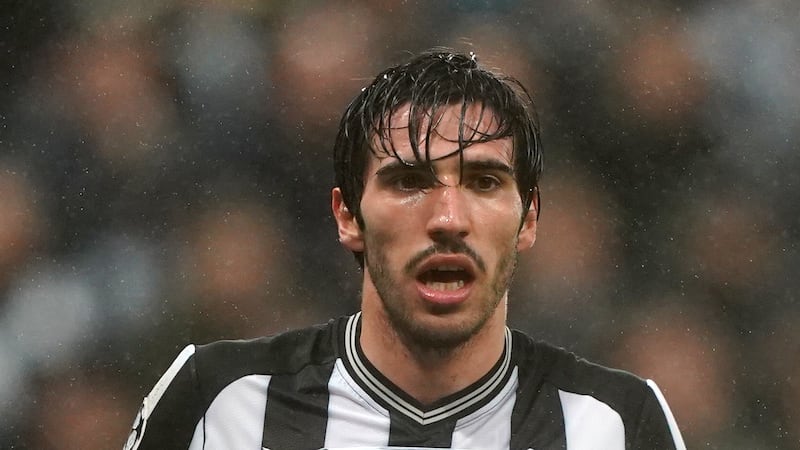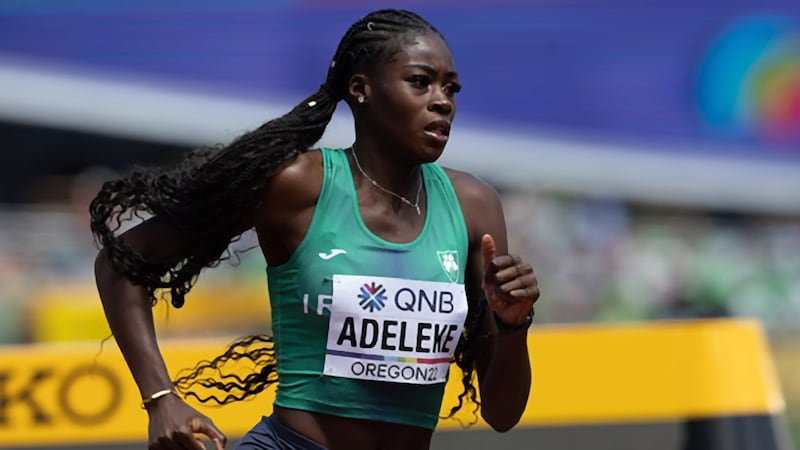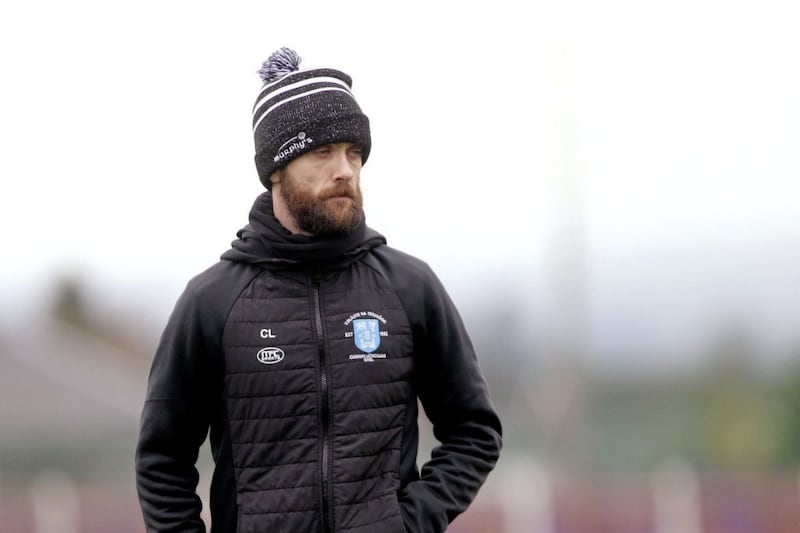THERE were reservations when the call first came. Not because of any sense of disloyalty to his beloved Royals, or a long-standing grudge against the county who ended their All-Ireland ambitions 30 summers ago. Sean Boylan doesn’t exist in that realm.
Sure, his Meath sides were among the most combative the GAA has ever seen but their ferocity always felt at odds with the man who moulded them; Boylan’s Buddha-like wisdom providing a soothing balm no matter how tough the going would get.
The respect between the Down and Meath sides who went to war in 1991 is one of the most enduring in the game, with occasional get-togethers still taking place. Boylan understands that energy better than most.
Yet when Conor Laverty sounded him out about getting involved with a promising Down U20s side, his concerns went far beyond football.
Back in March 2020, the Dunboyne man was hit hard by the Covid-19 virus. Within a six-day period, he dropped 10 kilos. Pneumonia took hold too as his immune system came under sustained attack.
“It was totally out of the blue,” admits the 77-year-old, “I was never fitter, healthier, but I got an awful doing.”
Getting out of Connolly hospital in Blanchardstown on March 31 was only half the battle though. A man who had always loved life, loved sharing experiences suddenly became withdrawn. Fear hit him harder than anything.
“Honestly, I was terrified after that - terrified to go anywhere or do anything. It had a massive effect on me.”
Eventually, when December rolled around and Laverty was pulling together a backroom team to bring before the county board, Boylan’s family convinced him to give it a go; that it would be good for him to do what he had always done, and to grasp the kind of opportunity that may not come again.
“My wife and my family are a lot younger than I am, but they know the child is still in me.
“I would’ve known Conor for years, and I suppose I wanted to help. He’s an amazing man with incredible energy. He has a young family, still loves to play, still could wear the Down jersey as well as the Kilcoo jersey. I wish I had his ability or his credentials when I started with Meath - that’s all I can tell you.
“But the strange thing about it is, even in my own county, I never had any pretensions about wanting to be Meath manager, or wanting to be a coach or a trainer. The way it all came about back then was just by chance really… this was much the same.
“Then once you say you’ll do it, you do it with a heart and a half.”
So just as Peter McDermott came up the road to help the history-making Down side of 1960, another Meath missionary found himself headed for the Mournes.
What began as an advisory role and a couple of phone calls during the depths of winter would eventually evolve into a wider involvement when summer came around. That inner child drew Boylan in again and, like so many times before, gave him new life.
“People were saying to me about the driving, but sure when you’re involved with sport, none of that matters. You’re picking more teams on your way up and down the road than when you’re with the lads.
“I was getting a right slagging because it’s 30 years since Down beat us in an All-Ireland final, and here’s me going up the road to help me deal with what happened in 1991!
“It was never my intention to come in and tell Down men how to play football. I wouldn’t be like that. What I was doing with Conor and the lads – Marty [Clarke], Ronan [McCartan] and Declan [Morgan] - was just as a friend. It was their first management spell, I was just there in the background.
“But it’s like everything else, once you’re there you get caught up in it - there’s no point saying you don’t want to get caught up in it because if you didn’t you shouldn’t be there. And I would have to say that it was a massive honour.
“It’s amazing when you become involved with a group of people, how attached you become to them. At this stage in my life, it’s been a massive thing to happen.”
And the journey was remarkable while it lasted. Over the course of a month Down brushed aside Cavan and Fermanagh before eventually getting the better of Monaghan after extra-time in an emotionally-charged Ulster final.
That game was postponed for a week following the tragic death of Farney U20 captain Brendan Og Duffy, who died in a car crash on his way back from their semi-final victory over Donegal.
Boylan’s heart broke for Brendan Og and his family, and the sombre scenes that greeted Down’s Ulster title success spoke of how priorities and perspective should always prevail on days like these.
The physical impact on the young Mournemen was clear though. Eight days later they would face a Roscommon side whose Connacht Championship success was celebrated on July 21 and, despite being the better side for most of the game, Down were caught with a last quarter sucker punch.
For young men whose hearts were set on becoming All-Ireland champions, it was a brutally bitter pill to swallow at Kingspan Breffni last Saturday night. Even for Boylan, with four Sam Maguire successes and everything else he has achieved in the game, it hurt like hell.
“Nothing prepares you for it really.
“Nobody could account for what happened with Brendan Og. They still had to go out and perform… you want to win, and yet it’s a situation where you want to celebrate but you don’t want to celebrate.
“And then after that, straight away, you’re supposed to get ready for an All-Ireland semi-final. Like, they’re human. I know with certainty that it did [take a toll]. You strive so hard for something and then you can’t enjoy it… that’s unnatural.
“The night that was in it, Roscommon had a purple patch and that was it. There were no excuses made. There was no cursing or swearing or anything like that, just incredible disappointment.
“As anybody involved in sport will know, it’s the ones you lose that you never forget. There’s a truth to that, even for me 30 years on. Would you have done something different - life is full of ‘what ifs’.
“But for this group of lads, at their age, it’s not the ‘what ifs’ that matter – it’s ‘what can I do next?’ Meath won an All-Ireland minor in 1990, won another in 1992 but were beat in the final in ’93. Well out of ’93 came Mark O’Reilly, Darren Fay, Paddy Reynolds, Ollie Murphy, Barry Callaghan, Cormac Sullivan.
“When we lost to Dublin by 10 points in the 1995 Leinster final, did I feel it was time to go? I did, yeah. But these lads felt they could win an All-Ireland with me, and the following year they did.
“That’s the beauty of it - what they learn from defeat. I’d like to think people will remember what these boys have done, they won an Ulster title, a very hard one to win… it’s not the end of the world for those young men. Far from it.”








